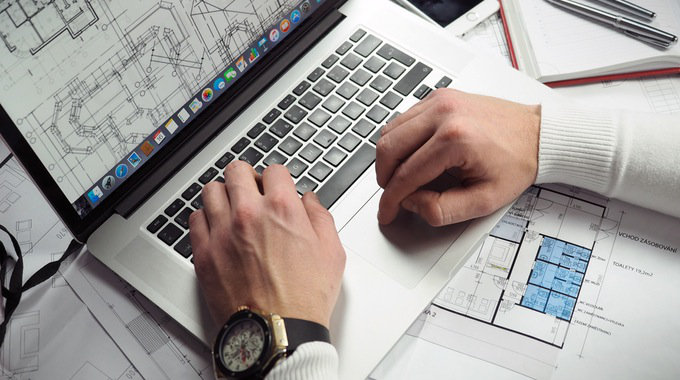Startups are in a tough predicament when it comes to tech purchases. On one hand, modern smart technology, laptops, PCs, and essential (or very helpful) software are paramount to running a thriving business.
However, you start to ride a very slippery slope quite quickly if these purchases get out of hand. Profits need to come first. You need to ask yourself whether you really need something several times before taking the plunge, to determine whether it’s merely a desire or truly essential to the immediate future of your business.
In order to ensure your purchases make you money in one way or another, a startup owner needs to curb their desire to have the latest and greatest. To forgo the bragging rights that some products will bring, and instead focus on what’s going to grow the business now.
What Most Startups Actually Need
Startups need tech according to their actual business activities which means that it’s different from one startup to another. However, these are the things that a typical startup might need.
1. A Computer

Depending on the size of your business, you may need a few – or several. Make sure you’re buying within your means though. There’s no need to buy the biggest and baddest PC or laptop out there when all your doing is running a browser, Outlook and relatively non-resource-intensive software.
If you’re an architectural or design firm running CAD programs all day long, you’re obviously going to need to go bigger. Whatever it is you’ll use it/them for, know your bottom line where budget’s concerned. And don’t try to save money by skimping on the extended warranty – it’ll pay for itself eventually – at least due to the piece of mind it can offer.
2. A Credit Card Reader

Or, if you work strictly online, you need to be able to process credit cards through your website. Relying on options like Paypal and Amazon for payment processing can end up being much more costly than applying for your own merchant account through a regular banking institution. There are always other options.
When it comes to real-world purchases, if you’re running a cash only business, you’re completely out of your mind. Think of the simplicity it offers customers who’re on the verge of making a purchase, but only have plastic on them. Then there’s the service side: would you rather get paid right now, in hard currency – or give them an invoice to be paid later – or risk getting stuck with an NSF if the check doesn’t clear?
In the case of getting a card reader, make sure it’s EMF compliant and can accept chip cards. Most merchant account providers are already ahead of the curve on this, so it’s not worth going with some off-the-wall option to save a few bucks.
In some cases, a mobile card reader like Stripe that attaches to your phone may suffice. However, make sure the fees you’ll be paying such providers fits with the number of payments you’ll be taking daily. For instance, it makes sense for a non retail business to use this option, but doesn’t really fit within the needs of a busy retail operation that will be taking hundreds of payments every day.
3. Smartphones

Most business owners don’t need to hear this – most of us would be lost without our phone, right? You can do everything with a phone you can with a computer, albeit on a much smaller, harder-to-read screen.
So, unless you’ve been living in a cave for the last while, you probably already have one. With expensive, blazing-fast phones being able to be procured for free on a plan, it doesn’t make sense to have some old piece of junk that takes 5 minutes to load Chrome or gmail. Buy the best you can, even middle-of-the-road phones will still only be a couple years old.
If you already have a highly-rated phone with lots of RAM, processing speed, and 4G capability, don’t go wasting your money slapping down an expensive down payment on something new until your provider tells you it’s time for a free upgrade. Waste not, want not.
Buy all the insurance offered to you. You can’t afford to be without your phone, after all!
4. Hybrid Tablet/Laptop

Tablets are great to have. Hybrids (ie., tablets with a stand and attachable keyboard you can use when you’re in your office, kitchen, living room, etc.) might be even better for your needs.
It’s nice to be able to do work on such a device in place of buying an expensive laptop. But, the real advantage to a hybrid is in how easy it is to carry around and transport.
You can use it to show customers, employees and partners different information, and at the end of the day you can slip it in a purse or handbag and not be weighed down by it on the subway. They can also double as a payment processor if you use mobile payment processing.
My Best Advice
Make sure you need it before you lay your money down! Or go into more debt for something you’ll never use. Technology is great, but it starts losing money the minute you open the box.
Buyer beware!




